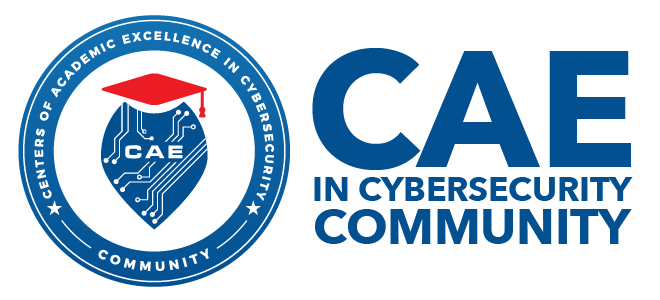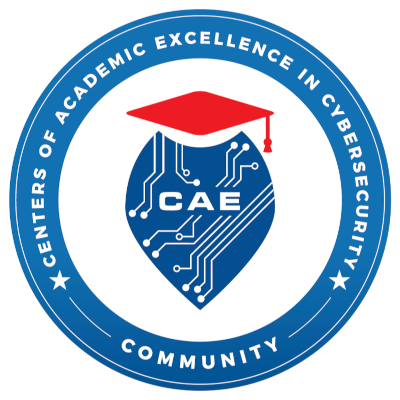The need for cybersecurity workers is clear. With a documented current shortage of cybersecurity workers in the U.S. identified as over 300,000 openings, the need to attract, and retain more future cybersecurity workers could not be more clear. Many efforts have been created to address this need and have had clear positive results. These include the use of summer camps & competitions to increase interest in the field, reaching out to underrepresented populations to help fill the need, and providing scholarships and using shared curriculum to help students through their educational pathway.
This presentation will discuss the implementation of a Community Based Life Cycle (CBLC) approach to help address this need. With the development of a Cyber Education Task Force (CETF), the ability to use a systems development approach to identify and align the efforts that already have been developed to help retain students’ interest in cybersecurity as a career. Through the use of professional and peer mentoring in a Cascade Advising approach, the professional mentors (and members of the CETF) would identify communities (summer camps, competitions, etc.), where peer mentors can be effective in helping newer and future students be successful.

